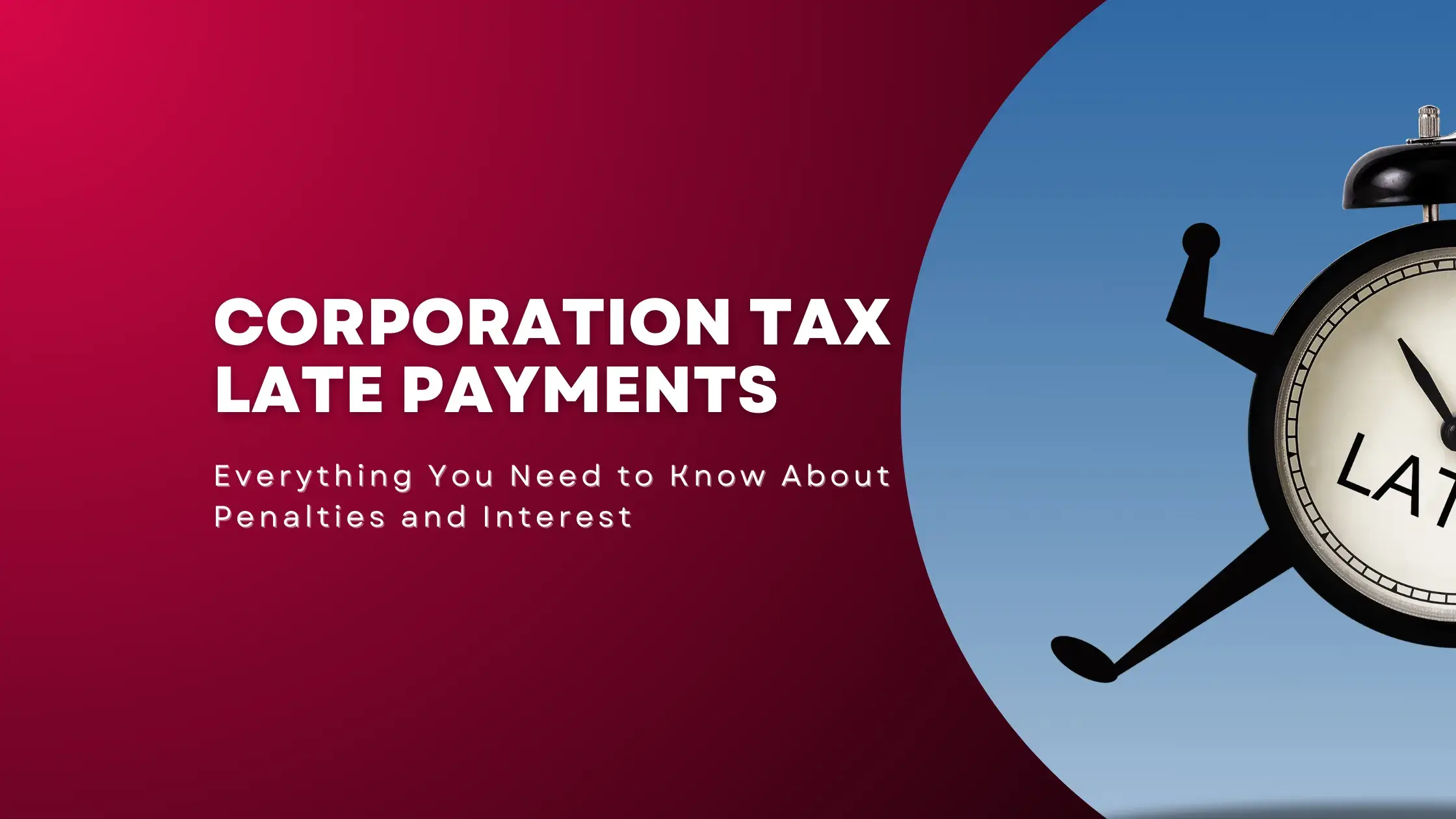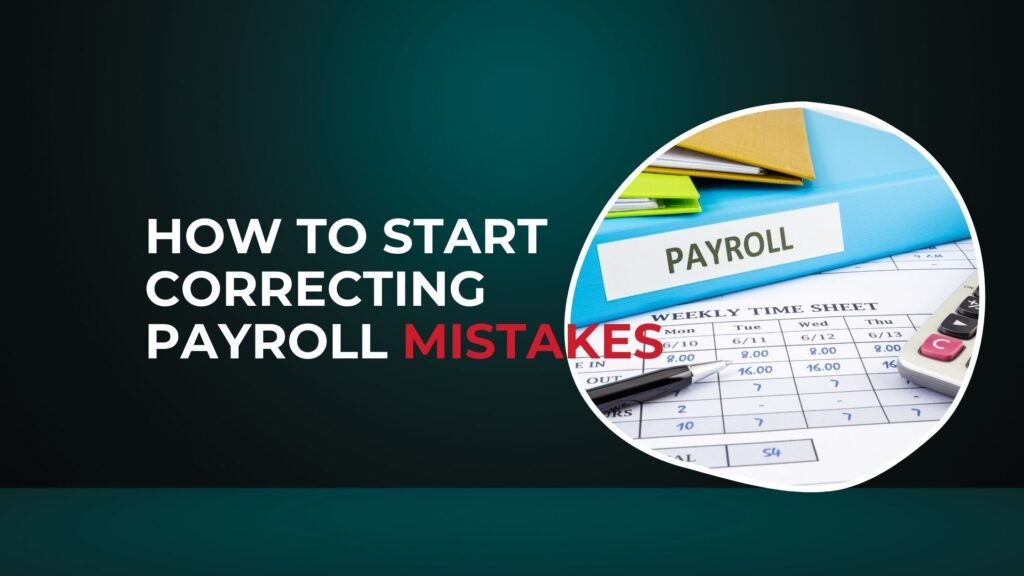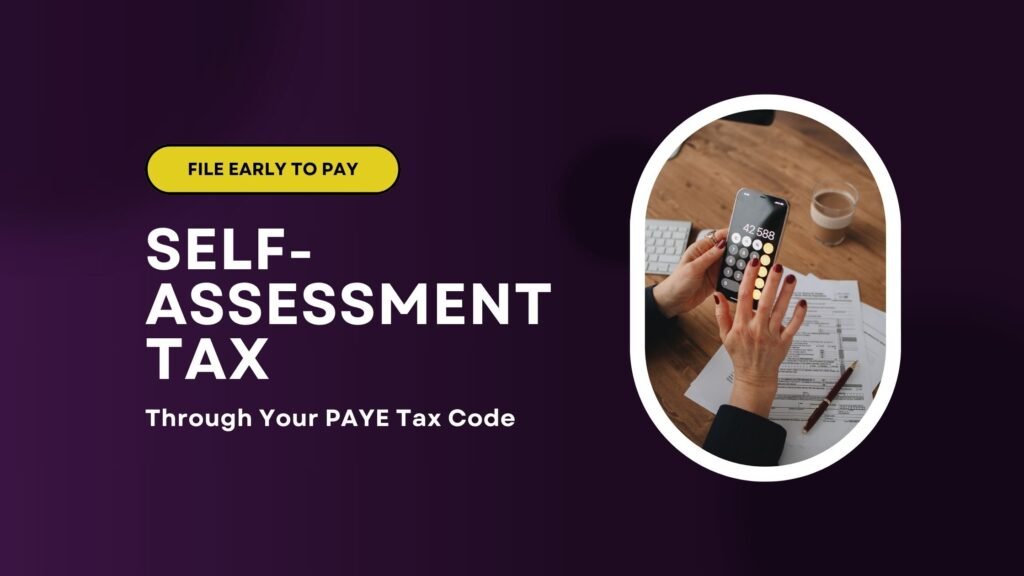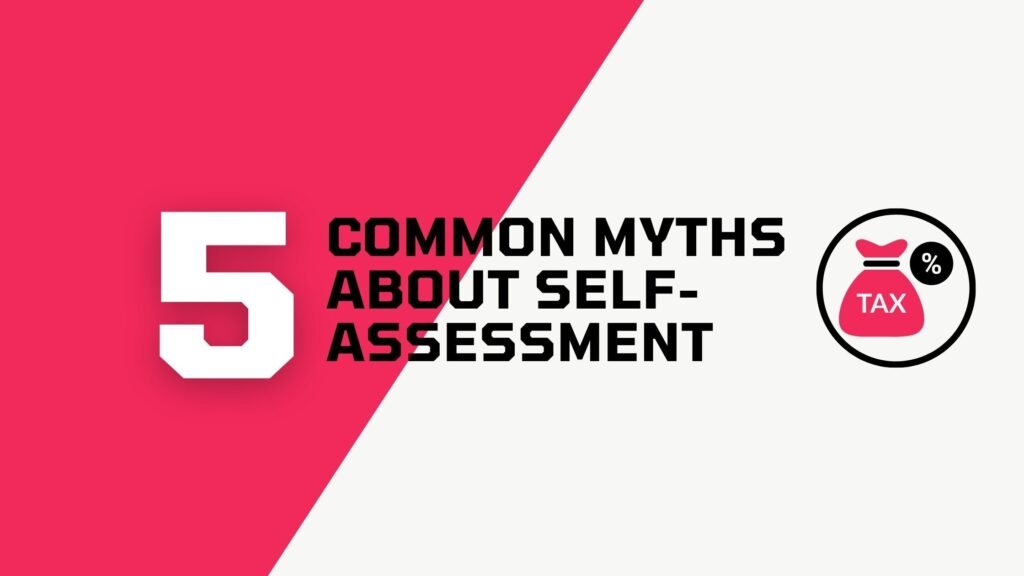Corporation Tax is a tax that limited companies in the UK pay on the money they earn. Just like people have to file Self Assessment tax returns, companies must submit a Corporation Tax return and pay their tax by HMRC’s deadlines. Paying on time is important. It doesn’t just keep your business legal it also helps you avoid extra costs. If you miss a deadline, HMRC can charge daily interest on the money you owe, add penalties for late filing, and in serious cases, take action to collect the tax.
What Happens If You Miss Corporation Tax Deadlines
Missing a Corporation Tax deadline can quickly become costly. The immediate consequence of late payment is that HMRC begins charging daily interest on the outstanding tax until it is fully paid. Over time, this can add up, increasing the amount your company owes significantly.
In addition to interest, HMRC may take enforcement action if the tax remains unpaid, including sending reminders, applying penalties, or, in extreme cases, pursuing legal recovery.
It’s important to understand the two key deadlines:
- Payment deadline: 9 months plus 1 day after the end of your company’s accounting period.
- Filing deadline: 12 months after the end of your accounting period.
Filing late can trigger structured penalties, while late payment results in interest charges even if your return has been submitted on time. Staying on top of both ensures your business avoids unnecessary costs and HMRC action.
Interest on Late Corporation Tax penalties
When a company does not pay its Corporation Tax on time, HMRC will start adding interest to the unpaid amount, which accrues daily from the day after the payment due date until the tax is fully settled. The longer the payment is delayed, the more interest your company will owe. HMRC sets the interest rate and can change it over time, so it’s important to check the latest rate on the HMRC website. Keeping up to date ensures you know exactly how much extra your business could face if payments are late.
The good news is that interest charged on late Corporation Tax payments is generally tax-deductible and can be claimed as a business expense. However, it’s always best to pay on time to avoid unnecessary costs and complications.
Penalties for Late Corporation Tax Filing
It’s important to know the difference between late payment and late filing. HMRC charges interest when Corporation Tax is not paid on time. Penalties, on the other hand, are applied if a company files its tax return late. Many people get confused because some guides say late payments also get percentage-based penalties. The official GOV.UK rules make it clear: interest applies to late payments, while penalties only apply to late filing.
In most cases, HMRC imposes structured penalties for late filing:
- 1 day late: £100 fixed penalty.
- 3 months late: an additional £100 penalty.
- 6 months late: HMRC may estimate your tax liability and charge a 10% penalty on the unpaid amount.
- 12 months late: a further 10% penalty applies.
If you file your Corporation Tax late more than once, the penalties get much higher often £500 per return instead of the usual £100.In serious cases, HMRC can also add extra charges or take steps to recover the money you owe. The easiest way to avoid these penalties and extra interest is to file your tax returns on time.
Consequences of Repeated Late Payments
Repeated late payments or filings can escalate the risks for your business:
- Increasing penalties: The fixed fines for late filing grow with repeated offences.
- HMRC scrutiny and compliance checks: Persistent delays can trigger closer monitoring or audits.
- Potential reputational damage: Paying your Corporation Tax late can hurt your company’s reputation with banks, investors, and business partners.
Being organised, planning, and talking to HMRC if needed are the best ways to avoid extra costs and stress for your business. Staying on top of deadlines and seeking help when necessary can save your business money and protect its reputation.
Conclusion
Penalties and interest from Corporation Tax late payments can be avoided if you plan and stay organised. Getting help from a tax professional or accountant can make things easier and give you peace of mind.
Stay organised, act early, and make sure to file and pay on time, this simple approach can save your business money and stress.





